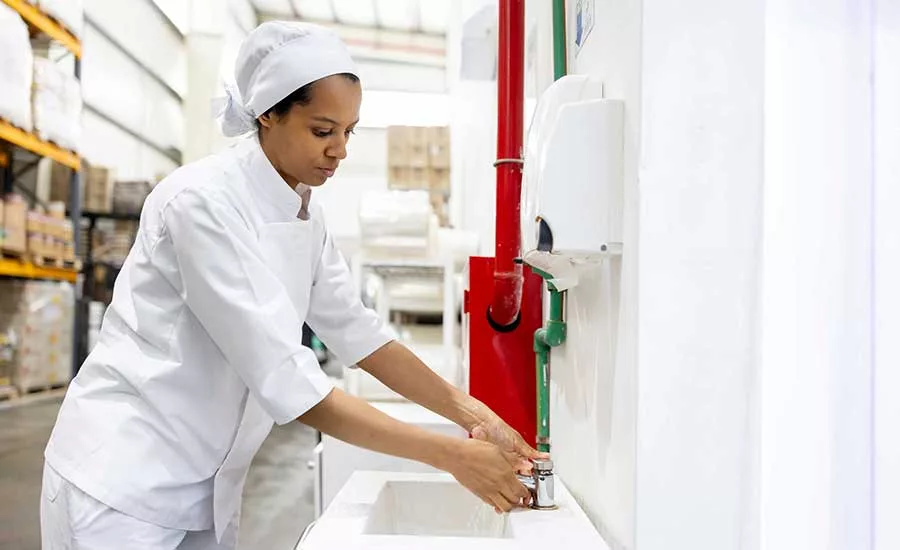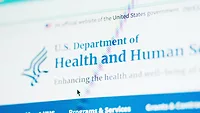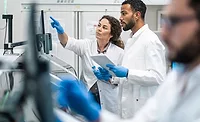Food Safety Together
Source: The FDA Voice Blog
In early December, we represented the FDA in Cape Town, South Africa, at the third annual conference of the Global Food Safety Partnership (GFSP). FDA has been a strong supporter of the GFSP since 2012, when it was launched by the World Bank and Commissioner Margaret A. Hamburg, M.D., gave the keynote address at the first conference. FDA provides the Partnership with financial support and technical expertise.
The World Bank is uniquely positioned to facilitate the GFSP and create a “big tent” where all parties in the global supply chain can work together to help ensure that all food products are safe for consumers. While government agencies like FDA develop standards and regulations, and provide regulatory oversight, it is the food industry, not the government, which produces safe food for consumers. To be successful in improving global food safety, we need to create partnerships across nations and sectors. The unique role of GFSP is to enable and catalyze a clear strategic direction to strengthen food safety systems and supply chains globally in ways that can only be achieved or enhanced collectively. The GFSP brings together government, industry, academic, consumer and international organizations, providing a unique and valuable opportunity for all of these parties to cooperate in new and creative ways to improve food safety. This requires coordination to focus our efforts and avoid duplicating each other’s work.
During the conference, we acknowledged progress on many ongoing food safety activities (e.g., needs assessment progress in Zambia and Good Aquaculture Practices training in Malaysia, among others) and we moved forward in building a framework for a long-term strategy to collectively support and sustain investment in food safety systems. Yet, there is still much work ahead for 2015, which will be a critical year for the GFSP, as we will further refine our strategy and look forward to making great strides in key GFSP initiatives, including work to strengthen food safety systems in China and Zambia. Success in protecting the safety of the world’s food requires a new paradigm with new partnerships across nations and sectors. Moving forward, we intend to work to expand and promote this valuable partnership in the coming year to continue to strengthen the global food safety net for all consumers.
At FDA, we recognize that today’s food supply chain is global, complex, and interconnected. Because the U.S. imports half of its fresh fruits and 80 percent of its seafood, our efforts to protect the U.S. food supply must be global, and we must build strong partnerships to create a world-wide product safety net to protect public health. GFSP is an example of our ongoing efforts to build partnerships as we aim to prevent unsafe products from entering the market, no matter where the products come from or where they are consumed.
Mary Lou Valdez (pictured right) is FDA’s associate commissioner for International Programs. Julie Moss (pictured left), Ph.D., R.D., is deputy director, International Affairs Staff in FDA’s Center for Food Safety and Applied Nutrition
Looking for quick answers on food safety topics?
Try Ask FSM, our new smart AI search tool.
Ask FSM →








